
"The price increase for imported iron ore is much higher than that for steel products, which means iron ore purchase has become a high-risk 'game' in the industry."
Zhang added that he expects high raw material costs to continue this year and downstream demand for steel products to grow slow ly.
Qu Xiuli, the association's deputy secretary-general, said she expected most steel companies to make efforts to reduce their losses, but it would be impossible for all of them to arrest their losses.
However, she added she was hopeful that favorable policies related to the industry will emerge from the conferences to be held in March.
Association figures show that by the end of last year, the country's top 10 crude steelmakers accounted for 45.94 percent of total output.
Officials have encouraged further consolidation in the industry, to raise that level to 60 percent, but Zhu Jimin, a former chairman of Shougang Group, one of China's major steel companies, said that steel industry integration is a tough test for the government.
According to the iron and steel association, 23 of its major member steel companies have reported annual losses for 2012, 15 more than the previous year, totaling 28.9 billion yuan, about seven times higher than in 2011.
Of the 26 listed steel companies that have posted their preliminary earnings estimates to far, 19 are expecting a loss or a decline in revenue, according to a report on Thursday in the Securities Daily.
Angang Steel said on Thursday it blamed its loss estimate on falling steel product prices last year, due to the combined factors of the global economic slowdown, slower domestic economic growth, sluggish industrial demand, overcapacity and fierce industrial competition.
Officials at Anhui-based Magang added that it had failed to digest the narrowed profit margins between the slump in steel prices and steadily rising raw material costs.

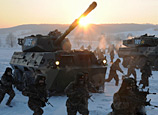
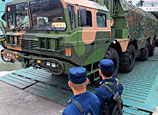

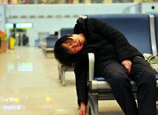
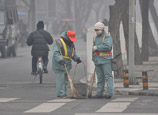
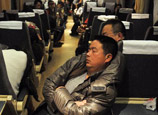
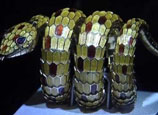

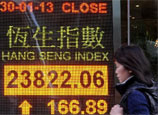









![]()
